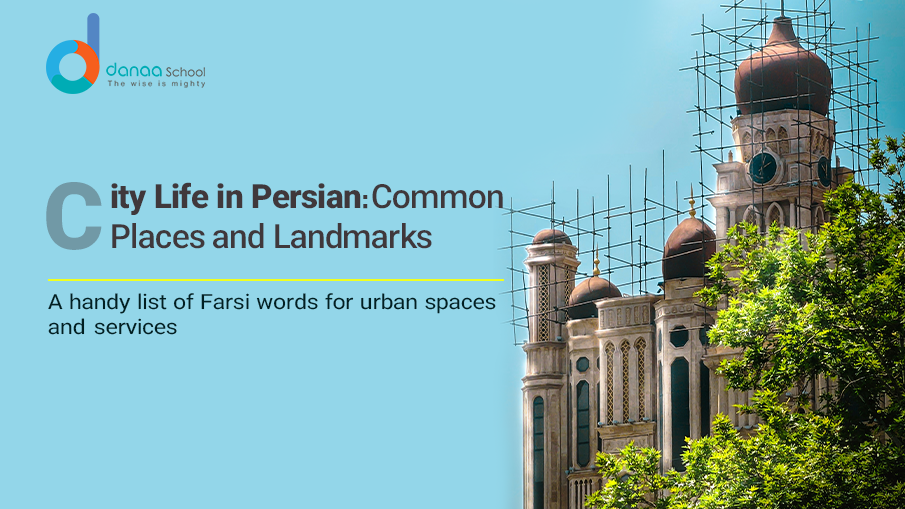Forough Farrokhzad’s poetry radiates a raw, unfiltered truth that grabs readers by the soul and refuses to let go. Born in 1935, her life was tragically cut short in a car accident in 1967, yet her literary legacy continues to ripple across generations.
Known for works like Sinned a Rapturous Sin, Captive Bird, and her 1962 documentary The House is Black, Farrokhzad’s writing is laced with nature imagery, intimacy, feminism, and cultural identity—all woven into a tapestry of longing, love, and personal rebellion. Her poems are not just reflective of her inner turmoil but mirror the complexities of a society on the cusp of change.
Forough Farrokhzad: A Revolutionary Voice in Iranian Literature
Forough Farrokhzad’s poetry speaks to the human condition, transcending time and space. Her work encapsulates love and loss, existential themes, and an unwavering challenge to traditional norms. As an Iranian poet, she broke away from convention, using her writing to speak to the personal struggles of women in Iran and the broader political and cultural changes happening around her. Her untimely death in a car accident at age 32 only heightened her mystique, leaving behind a body of work that continues to be analyzed, celebrated, and translated today.
A Glimpse Into Farrokhzad’s World Through Her Poetry
Farrokhzad was no ordinary poet; she was a bold voice in a time when female expression in Iranian literature was often muted. Born in Tehran in 1935, she rose to prominence with her emotionally charged poems, which challenged societal norms and pushed boundaries. Her life and poetry are often tied to her 1962 documentary The House is Black, an unflinching portrayal of lepers living in a colony. This documentary became an extension of her poetic voice, filled with empathy, stark realism, and an undercurrent of rebellion.
But perhaps what Farrokhzad is most known for is her ability to translate deeply personal feelings into universal truths. In her poem Sinned a Rapturous Sin, Farrokhzad explores themes of guilt, desire, and forbidden love—a testament to the complexity of human emotion.
Main Themes in Forough Farrokhzad’s Poetry
1. Feminism and Rebellion
Farrokhzad’s poems often stand in defiance of the patriarchal norms of her time. In Captive Bird, she masterfully conveys the suffocating restrictions placed on women, using the bird as a symbol of constrained freedom. Her rebellion against societal expectations reflects a broader struggle for female poets in Iran, particularly during a period when women’s voices were often marginalized.
In an environment dominated by strict gender roles, Farrokhzad dared to write about her personal experiences—exploring her love life, failed marriage, and motherhood—without restraint. The poem Sinned a Rapturous Sin stirred controversy by discussing forbidden love, further cementing her reputation as a feminist icon in Persian literature.
2. Love and Loss
Love and loss permeate much of Farrokhzad’s work. Whether through the lens of romantic entanglements or the inevitable separation caused by death, her poems radiate the intensity of these emotions. In Sad Little Fairy, Farrokhzad uses the fairy to represent a vulnerable soul, trapped between worlds—one of innocence and one of sorrow.
Her work often captures an aching sense of longing, as seen in Warm Enflamed Embrace, where intimacy is portrayed not as something warm and comforting but as something bittersweet and fleeting. This delicate balance between love and sorrow forms the bedrock of much of her poetry.
3. Existentialism and the Human Condition
Farrokhzad’s work also dives deep into existential themes. In poems like The Wind-Up Doll, she contemplates the mechanized nature of life, where people move through society like dolls, wound up and controlled by invisible forces. This idea ties back to her own struggles with identity and freedom, both as a woman and as a poet.
Forough Farrokhzad often used nature imagery to explore existential themes. In her poem Cold Season, she juxtaposes the starkness of winter with the coldness of life itself. The season becomes a metaphor for stagnation and death, both literal and metaphorical. Her lyricism here, filled with snow-laden branches and freezing winds, allows readers to feel the desolation that exists in the silence of winter—and, by extension, in the human experience.
4. Cultural Identity and Revolution
Farrokhzad’s poetry reflects the tension between tradition and modernity, capturing the sense of cultural flux in Iran during the mid-20th century. In works like Twelve Days, she subtly weaves in revolutionary themes, focusing on the quiet resistance of women who must navigate societal constraints.
This cultural identity is most vividly expressed in her exploration of Iran’s political atmosphere. Farrokhzad’s poems offer critiques of a rapidly changing society, grappling with the impact of Western influences while holding onto deep-rooted Persian traditions. Her unique ability to encapsulate both the personal and the political has made her a symbol of defiance in Iranian literature.
Farrokhzad’s Influence on Contemporary Poets
The lasting impact of Forough Farrokhzad can be seen in the works of contemporary poets, particularly women, who continue to be inspired by her courage, vulnerability, and unapologetic voice. Writers like Sholeh Wolpé have translated Farrokhzad’s work, bringing her poetry to new audiences worldwide, while scholars like Farzaneh Milani have written extensively on her contributions to Iranian feminist thought and literature.
Her distinct lyricism and ability to blend the personal with the political make her a touchstone for modern Persian poetry. Many of today’s poets, both in Iran and abroad, owe a debt to Farrokhzad’s boldness in tackling subjects that were often considered taboo.
Symbolism in Farrokhzad’s Poetry
One of the most compelling aspects of Farrokhzad’s poetry is her use of symbolism. She often used objects from the natural world—birds, seasons, and flowers—to convey complex emotions and societal critiques. The captive bird in her poetry represents the constrained freedom of women, while her frequent allusions to winter in poems like Cold Season evoke a deep sense of isolation and existential despair.
Farrokhzad also explored religious symbolism, often in ways that subverted traditional interpretations. In Sinned a Rapturous Sin, she uses the concept of sin to discuss human desire, but in a way that challenges the moral rigidity of her time. This bold use of symbols allows for multiple interpretations, making her work layered and multifaceted.
Farrokhzad’s Legacy
Though her life was cut short in a car accident at 32, Forough Farrokhzad’s literary legacy is timeless. Her work continues to be studied, taught, and celebrated as a cornerstone of modern Iranian poetry. Through her fearless exploration of feminism in poetry, her personal struggles with love and identity, and her critiques of societal and cultural norms, Farrokhzad remains an enduring figure not only in Iranian literature but also in the global literary landscape.
Her poetry challenges readers to confront their own beliefs and assumptions, making her an essential voice for anyone interested in themes of intimacy and longing, revolutionary themes, and the human experience.
FAQs
What is the poem Sinned a Rapturous Sin by Forough Farrokhzad about?
Sinned a Rapturous Sin discusses the tension between desire and guilt, focusing on forbidden love and the weight of societal judgment.
What did Forough Farrokhzad write about?
Farrokhzad wrote about love, loss, identity, freedom, and the human condition, often exploring themes of feminism, cultural identity, and existentialism.
What is the summary of Sinned a Rapturous Sin?
The poem focuses on forbidden love, with the speaker reflecting on a passionate, yet socially condemned, relationship.
What is the main theme of the poem Punishment?
The main theme of Punishment is guilt, as the speaker reflects on societal retribution and the personal price of breaking social norms.
What does the poet mean by sin's seductive art?
“Sin’s seductive art” refers to the allure of forbidden love or actions that, while deemed sinful, provide emotional and physical fulfillment.
What is the meaning of the poem Living in Sin?
Living in Sin explores the disillusionment and emotional isolation that can accompany relationships, particularly those that do not conform to societal standards.
Conclusion
If you want to explore more about Persian poetry and improve your Farsi, check out Danaa School’s Persian poetry classes! Dive deeper into the works of poets like Forough Farrokhzad and others, and learn how to appreciate the beauty of Farsi literature. Enroll now.










